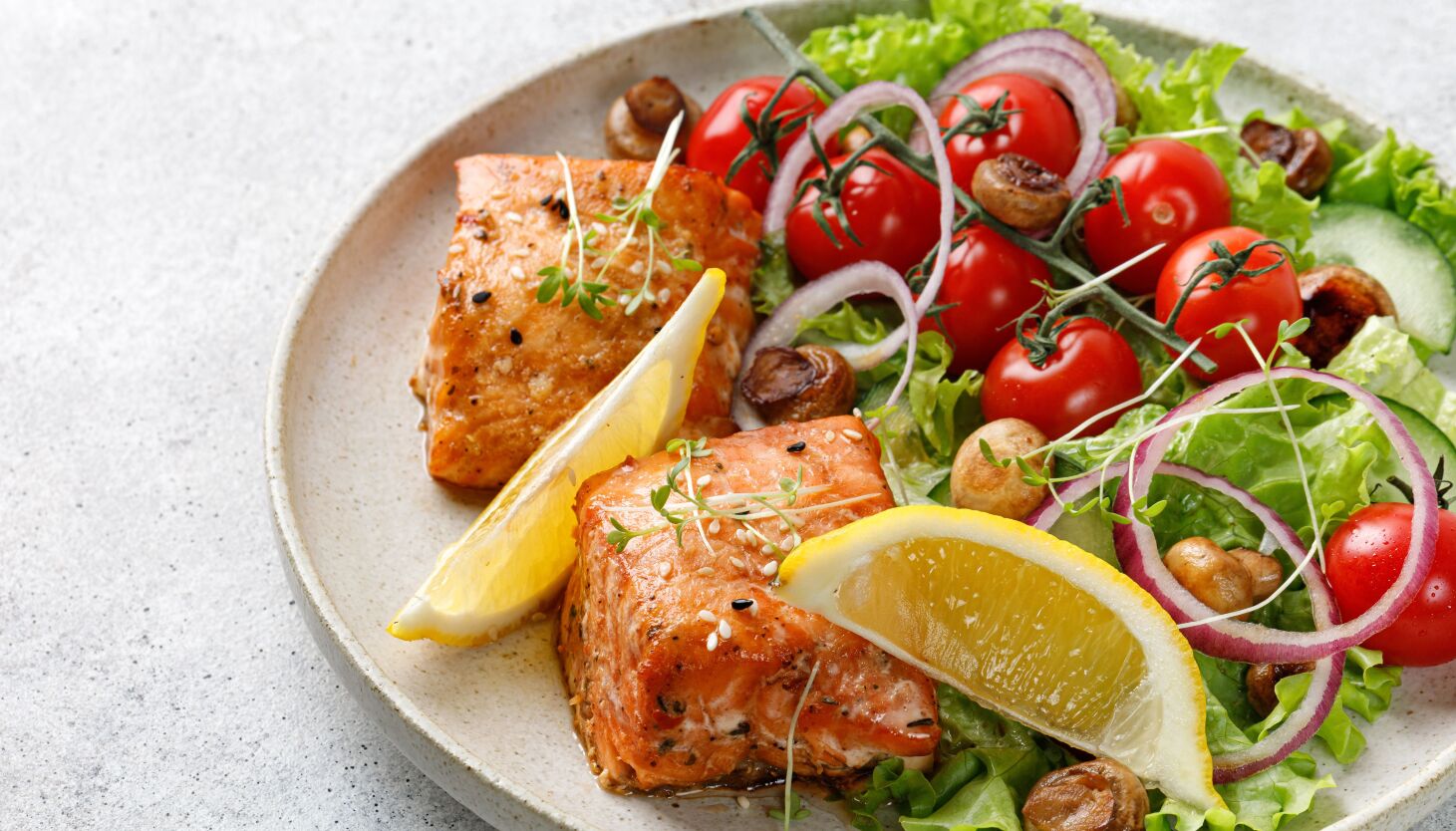
New research suggests that the “Atlantic” diet may compete with the Mediterranean diet for top honors when it comes to healthy food choices. The two are in many ways similar.
A study in JAMA Network Open said those who followed the diet for six months lowered their cholesterol, lost belly fat and otherwise countered metabolic syndrome symptoms, including high blood pressure, high cholesterol and high triglycerides. Those factors all raise the risk of heart disease.
Everyday Health said the Atlantic diet is what investigators call the dietary pattern popular in northwestern Spain and Portugal.
“Like the Mediterranean diet, the Atlantic diet emphasizes the consumption of fresh, seasonal and locally sourced foods such as fruits, vegetables, cereals, pulses (dry beans, lentils, and chickpeas), fish, dairy products and olive oil, used for dressing and cooking,” the lead investigator, Mar Calvo-Malvar, said in the article. “But the Atlantic diet typically includes a greater proportion of fish, milk, potatoes, fruits and vegetables than the Mediterranean diet.”
One of the touted benefits of the research is proving that local cuisine tastes can fit into a healthy diet, with specific choices determined by what’s available and popular.
“This is an important study because it confirms that the principles of the Traditional Mediterranean Diet (which has been studied most intensively) can be applied to other cultures as well,” nutrition researcher Dr. Walter Willett, a professor of epidemiology and nutrition at Harvard T.H. Chan School of Public Health and professor of medicine at Harvard Medical School in Boston, told CNN by email. He was not involved in the study.
Per CNN, “Like the Mediterranean diet, the Atlantic diet focuses on home-cooked food served family style, with an emphasis on social interactions between friends and family. Mindful eating, socializing over meals and daily walking or biking provide the foundation of the Mediterranean diet — considered as or more important than the foods consumed.”
Among the foods in the Atlantic diet, per USA Today:
- Olive oil.
- Fresh seasonal vegetables.
- Fresh seasonal fruit.
- Bread.
- Cereal.
- Pasta.
- Potatoes.
- Milk and cheese.
- Fish and seafood.
- Lean meat, beef and pork.
- Eggs.
- Nuts, especially almonds, walnuts, chestnuts and hazelnuts.
- Dry peas, beans, lentils and chickpeas, known as pulses.
According to USA Today, “The Atlantic diet may be more appealing to some thanks to its heavier focus on starches. Red meats are also generally avoided in the Mediterranean diet but are present in moderation in the Atlantic diet. Cooking and serving methods are also more important to the Atlantic diet, as it focuses on preparing food in ways that both promote nutritional value, such as stewing, and that promote communal eating.”
A version of the Atlantic diet, called the Southern European Atlantic Diet, was found in an early study to lower all-cause, cardiovascular and cancer death in southern, central, eastern and western European populations, according to a December study in the European Journal of Preventive Cardiology.
Some critics of the diet say dairy, potatoes, and red and processed meats increase health risks.
The study authors note that the plant-based, locally-sourced Atlantic diet fits well with the United Nations’ Sustainable Development Goals.
